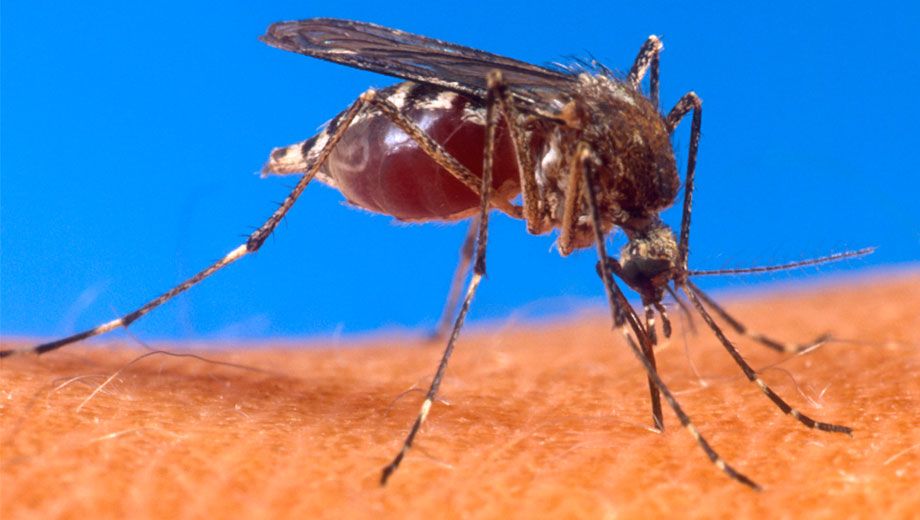Australian travellers risk diseases by skipping vaccinations

Seventy-three percent of Australians travelling aren't receiving vaccinations when they travel, despite 33% travelling to Asian countries where hepatitis and other diseases are prevalent, according to a new survey.
Only 13 percent of Australians heading abroad took medical advice from their doctor and were advised that vaccinations weren't needed.
Of course, the 1000-person "Fit2Travel" survey was conducted for pharmaceutical giant GlaxoSmithKline, and you won't be surprised to know that they have a new website to encourage people to buy their vaccines, at myvaccination.com.au.
But as Professor Peter Leggat from James Cook University's School of Public Health, Tropical Medicine and Rehabilitation Sciences tells us, "Any website that raises awareness of the potential need for vaccination before travel is a good thing."
There's a wealth of information out there that isn't trying to sell travellers more pharmaceuticals -- and in many cases, mosquito-borne diseases like dengue fever have no vaccine, so you'll need to take different precautions.
DFAT, the Department of Foreign Affairs and Trade, has this advice for travellers heading to areas with health risks on its Smartraveller website:
- new vaccines are constantly being released but diseases continue to evolve
- it is never too late to vaccinate, however some vaccines require a long period to take effect and more than one dose may be needed
- you may need boosters for childhood vaccines
- health risks within a country can vary from one region to another and local authorities may be slow to announce outbreaks of disease
- new diseases can appear suddenly, as happened with the outbreak of the Pandemic (H1N1) 2009 influenza. Check the latest travel advice and travel bulletins for your destination before you depart and while travelling so you can ensure you have the latest information
- common illnesses that travellers can pick up include those which result from unsafe sex and eating or drinking contaminated food or water. Find out whether tap water and local food is safe to consume before you depart
- there are a number of mosquito-borne diseases you can contract while overseas, particularly in tropical areas. Be sure to take measures to avoid being bitten such as wearing light coloured, loose fitting clothing that covers your arms and legs, regularly applying an appropriate insect repellent and staying in mosquito-proof accommodation.
For more advice, read through the Travel Health section of DFAT's website. There's also an extensive 24-page guide (PDF, 157K) that provides additional information.
If you're unclear about what precautions to consider for a particular trip, ask your doctor or a travel clinic for further recommendations.
Hi Guest, join in the discussion on Australian travellers risk diseases by skipping vaccinations